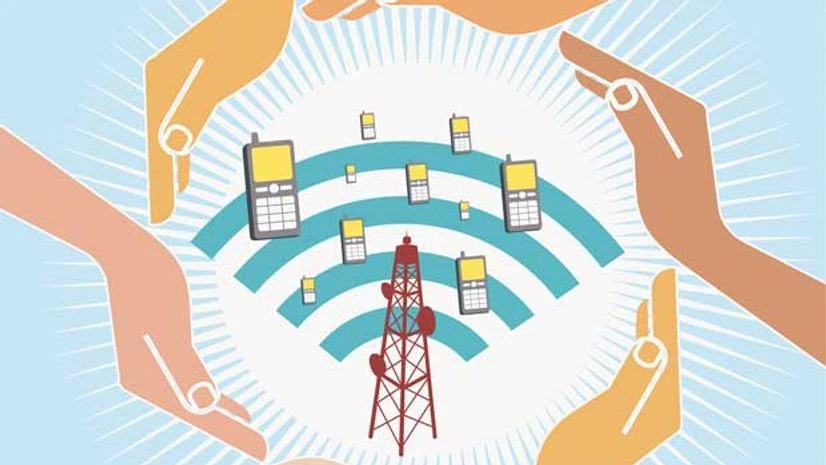Bidding is likely to remain subdued for spectrum on which the Telecom Regulatory Authority of India (Trai) on Wednesday issued its recommendations on reserve prices.
Spectrum in the 700 MHz, 800 MHz, 900 MHz, 1,800 MHz, 2,100 MHz, 2,300 MHz and 2,500 MHz bands is likely to be auctioned by June. The government had earned Rs 1.1 lakh crore from spectrum auctions last year and experts said it could receive Rs 5.5-6 lakh crore this year.
The auction will see the government auctioning spectrum in the 700 MHz band for the first time and for which the Trai has recommended a steep reserve price of Rs 11,485 crore per MHz nationwide.
More From This Section
Telecom companies bid high last year because their spectrum was expiring and they needed more air waves to stay in business. This compulsion does not exist now and telecom companies could focus on filling gaps in spectrum in circles, mainly in the 1,800 MHz and 2,100 MHz bands used for 3G and 4G mobile services.
According to Deutsche Bank Markets Research, Reliance Jio and Bharti Airtel have spectrum to ramp up 4G services over the next three years and hence have a minimal utility for the 700 MHz spectrum. Idea Cellular and Vodafone are constrained in some markets but the 700 MHz band will not solve their problems in the medium term.
An executive with a telecom company said operators were yet to monetise their 4G spectrum bought earlier and were in the process of rolling out networks. “Another auction in a new band with a high reserve price will not make business sense. The industry is battling debt and margins are declining. The government needs to bring down the reserve price significantly, otherwise most of the spectrum will remain unsold. Operators will cherry pick spectrum in a few circles,” he pointed out.
Bharti Airtel, Idea Cellular and Mukesh Ambani’s Reliance Jio in submissions to the Trai had opposed the auction of the 700 MHz band till a device ecosystem was in place. Only Australia, New Zealand and Taiwan offer 4G services in the 700 MHz band.
“Bidding for spectrum in the 700 MHz, even selectively, has the potential to cause irreparable damage to the industry. There is no business continuity risk attached with the upcoming auctions, except a few cases for renewals,” Kotak Institutional Equities said in a note.
HSBC Global Research said a nationwide five MHz block in the 700 MHz would cost $8 billion, 30 per cent of the industry’s revenue. “We expect the final auction outcome to be subdued. Even if the government goes ahead with this, we see limited participation and this may push the regulator to revisit spectrum valuation and revise it down significantly.”
The 700 MHz band is sought after for LTE deployment around the world due to its efficiency. The lower frequency provides wider coverage, reducing the number of towers needed for setting up LTE networks.

)
